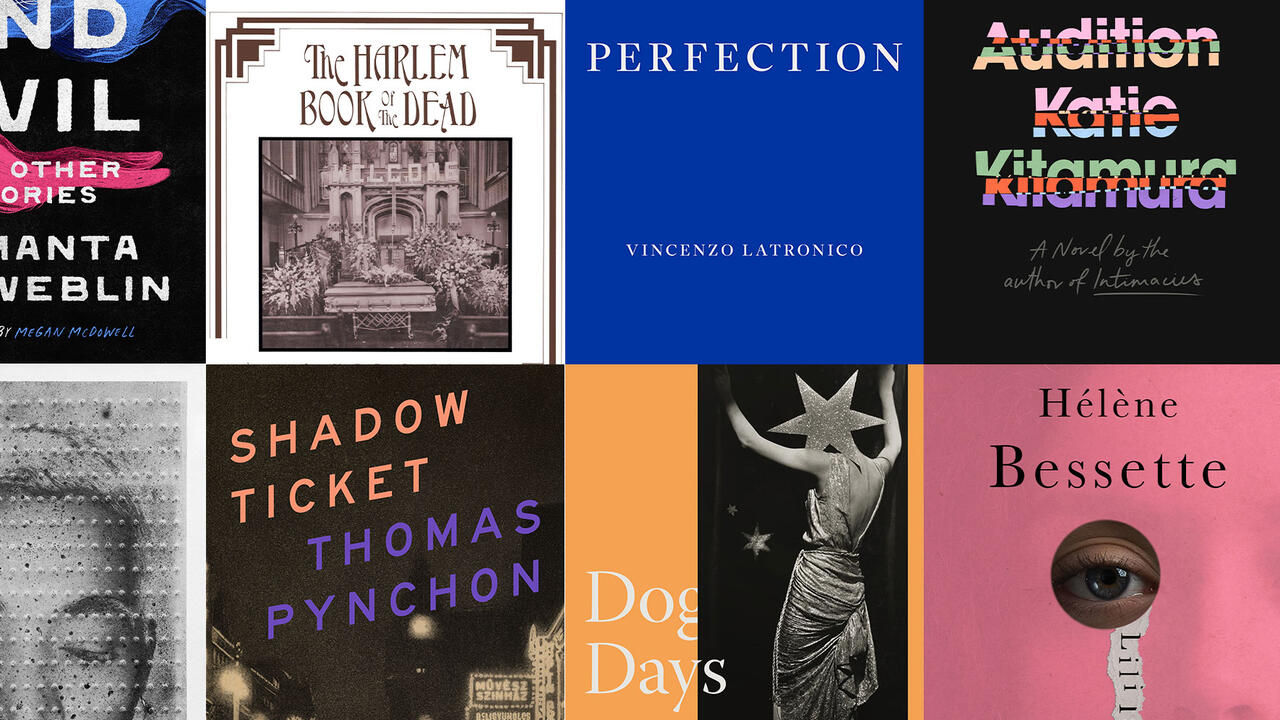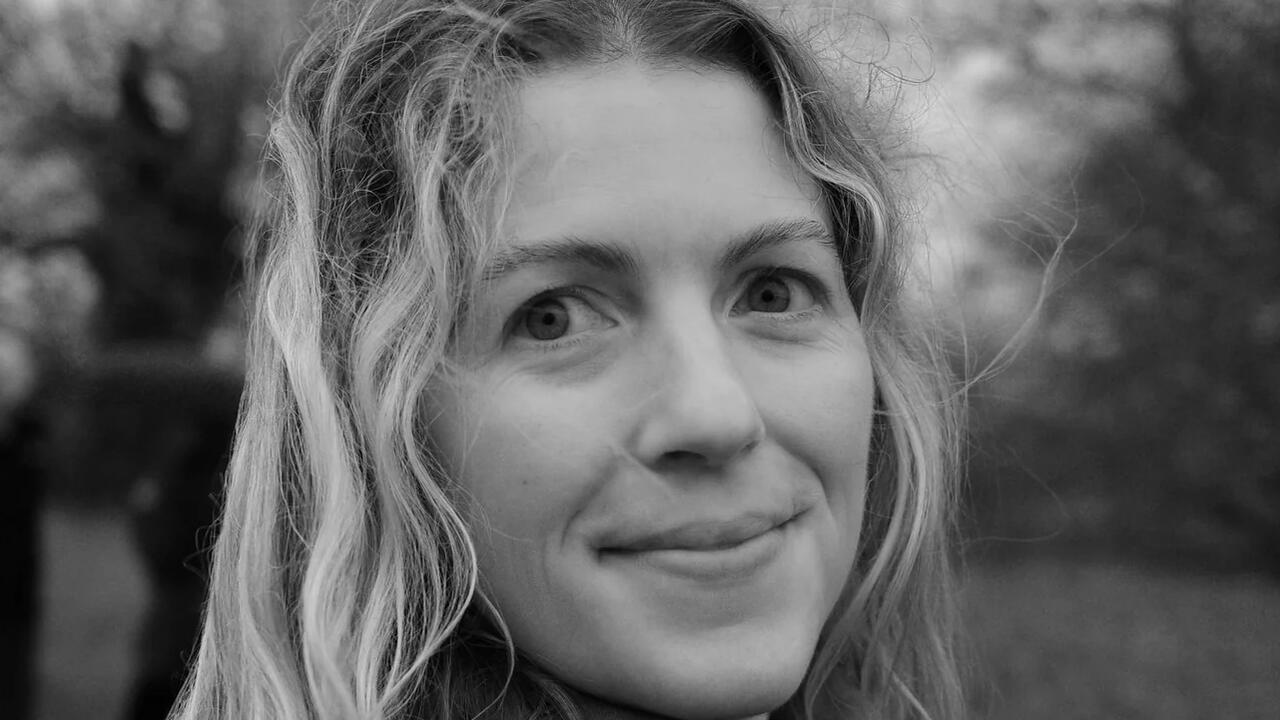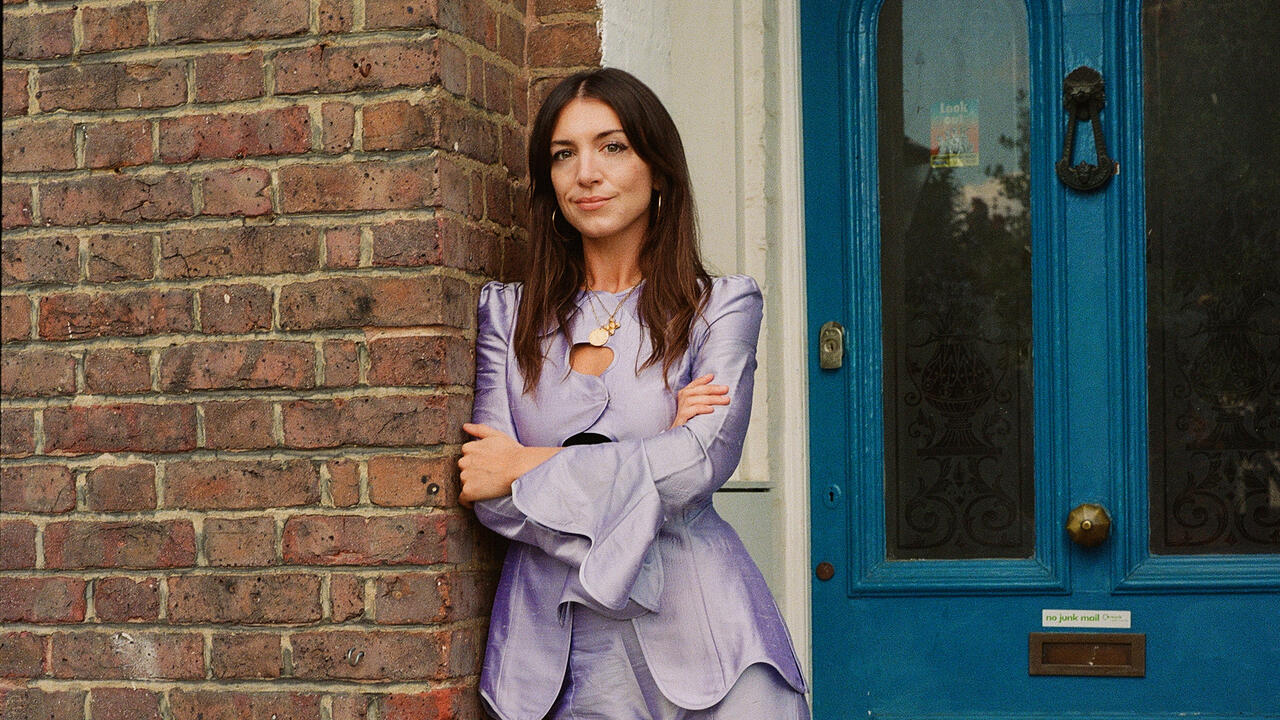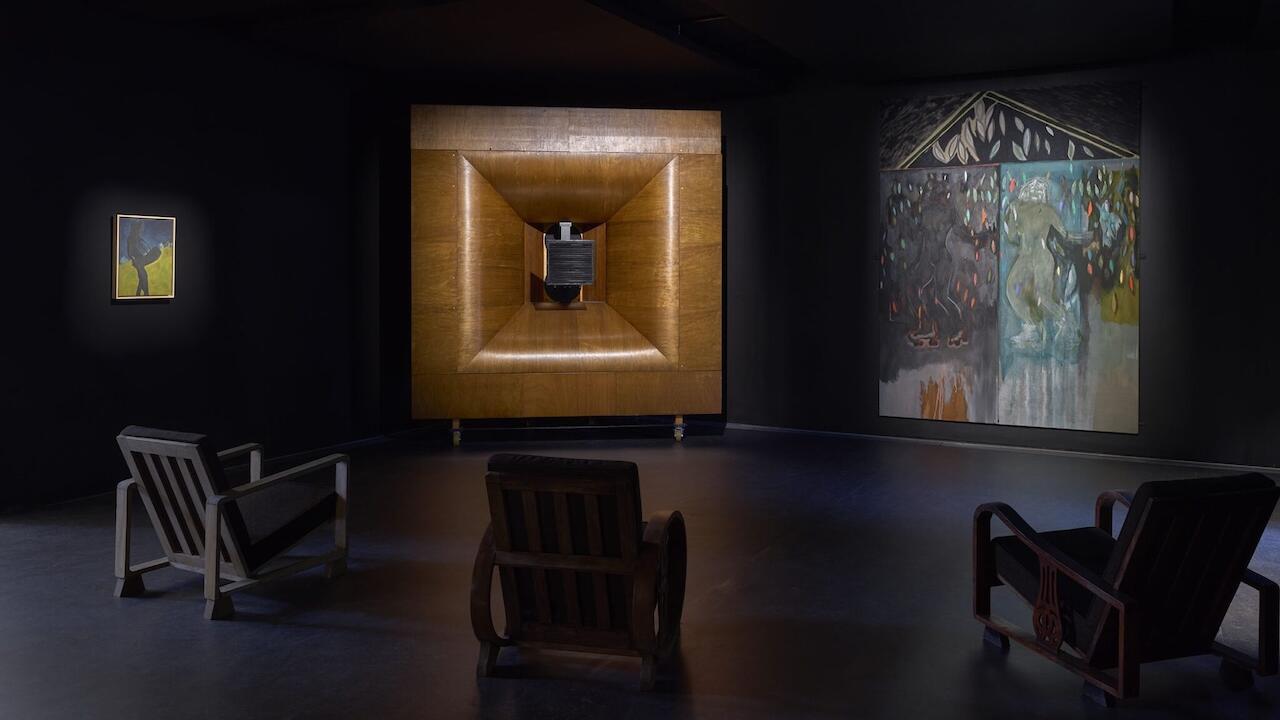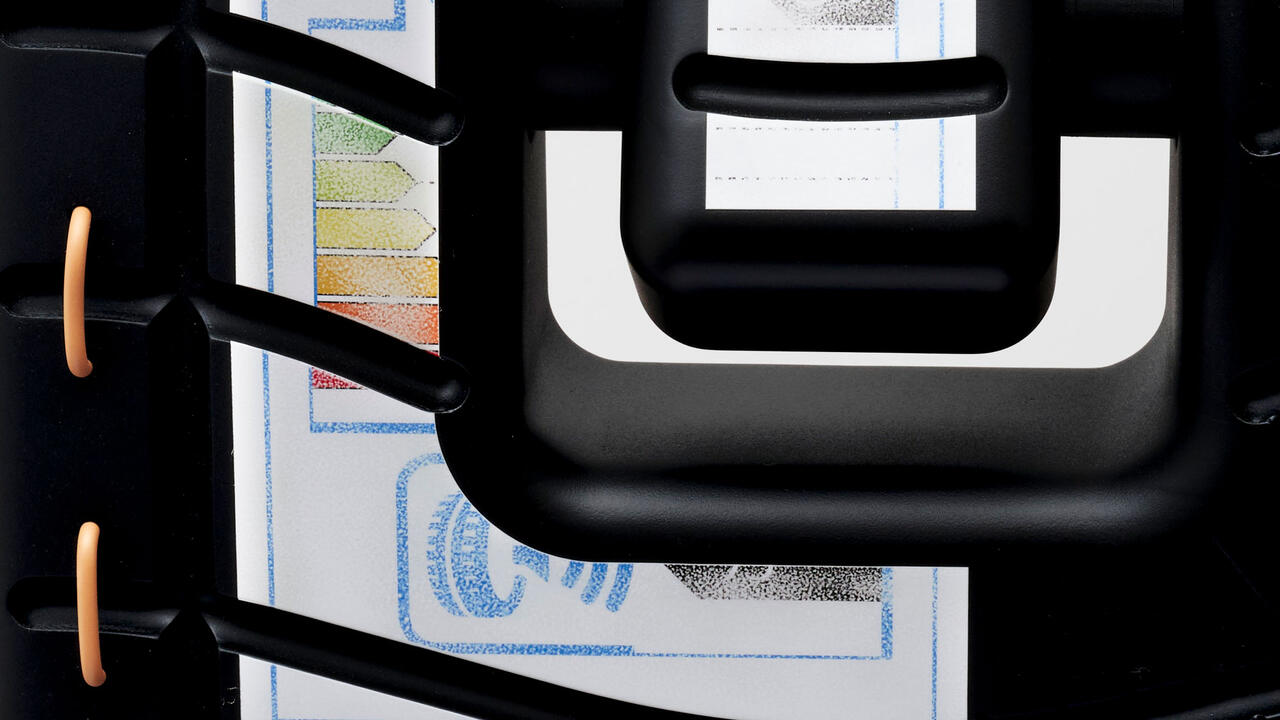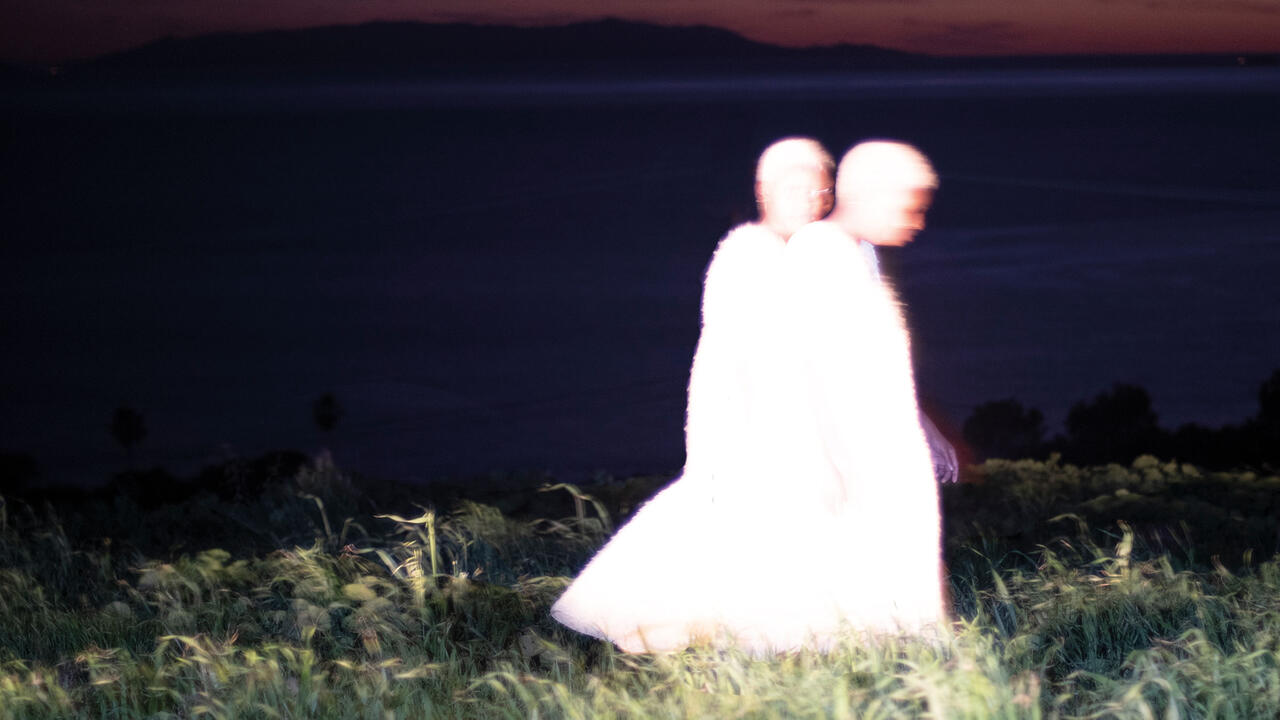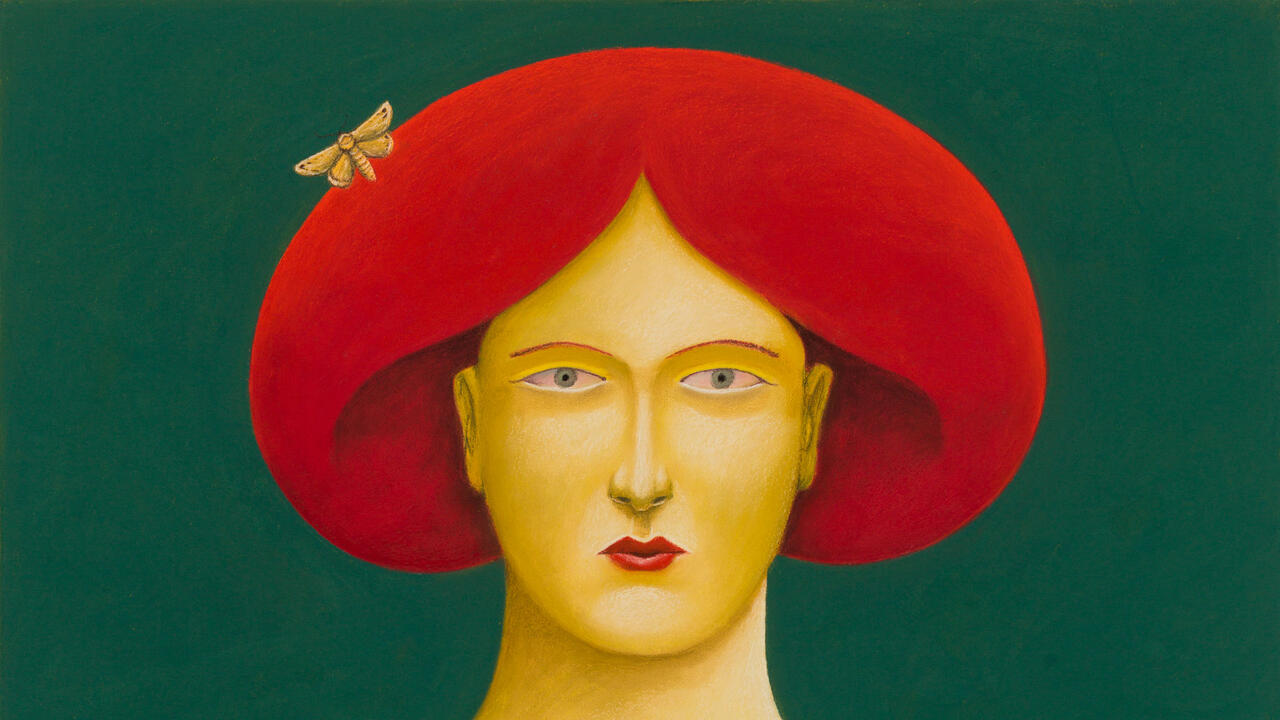Our Gusts and Storms
A new collection of stories and fragments by Ann Quin casts a new light on an otherwise overlooked writer
A new collection of stories and fragments by Ann Quin casts a new light on an otherwise overlooked writer

Ann Quin’s description of the novel as ‘a spiral’ and the short story as a ‘curved shape’ that leaves ‘space for readers to explore’ is a neat fit for her own, undated story, ‘Nude and Seascape’. A man drags a woman’s body around a beach, fusses over where to place it, hacks her head off with his rusty pocket-knife, and places it in a hole in the sand so it won’t roll away. Then, with the macabre elegance of Thomas de Quincey’s 1827 essay ‘On Murder Considered as One of the Fine Arts’, he appraises his handiwork:
He walked back until he became aware of the headless body, the mouth slightly open, as though laughing. Now in a certain light and shade, in the corner, where he had left it, forgotten, the body looked better than it ever had before.
We learn nothing about who the woman was, how she died, or how the man was involved: the form of the unbegun, unended story mirrors that of the dismembered body.

‘Nude and Seascape’ could be a curved shape taken out of the spiral that is Quin’s debut novel, Berg (1964), in which the eponymous son stalks his absentee father to a seaside resort in an attempt to kill him. The plot, the atmosphere of Freudian unease, the important role played by a puppet and the shifting, unreliable senses in which characters can be taken as ciphers for the author are a half-remembered, shadowy dream of Hamlet.
Jennifer Hodgson’s newly-edited Quin collection, The Unmapped Country: Stories and Fragments, is bookended by two pieces (‘Leaving School – XI’ and ‘One Day in the Life of a Writer’) that lay out some of the writer’s life in her own words. Quin was born in Brighton in 1936 and, like Berg, her absentee father was an unsuccessful singer; she had a Catholic schooling, and discovered ‘the possibilities of writing’ in a public library copy of Virginia Woolf’s The Waves (1931). In addition to publishing the novels Three (1966), Passages (1969) and Tripticks (1972), there were periods of low-paid office and catering work, and a secretarial job at the Royal College of Art, London, which will be celebrating her writing in a symposium on 16 February. Berg brought Quin awards that she used largely for adventures in Ireland, Greece, the Bahamas and New Mexico – and LSD. Sometimes this travel successfully broadened the perspectives of her work, sometimes not: the stories in this collection that draw on her American experience can veer into pastiche and undigested cliché.
The collection takes its title from its penultimate piece – a fragment of a novel drawing on her experience of mental illness – which in turn probably comes from George Eliot’s Daniel Deronda (1876): ‘There is a great deal of unmapped country within us which would have to be taken into account in an explanation of our gusts and storms’. Quin never finished The Unmapped Country: in 1973, before she could take up the place that she had been offered on the University of East Anglia’s prestigious Creative Writing Course, she drowned while swimming off Brighton Pier.

In a 1972 Guardian interview, Quin insisted that ‘if the emotion is there, the energy takes over, and the form and content follow’. The interviewer, John Hall, lists her influences as ‘Dostoevsky, Beckett, Virginia Woolf, Camus, Gide, Antonioni, Fellini and, wouldn’t you know it, Last Year at Marienbad’, the 1961 film Alain Resnais made with the novelist Alain Robbe-Grillet. The whole article is cloyingly sexist, and deeply patronizing of Quin’s working-class background, but the tone of smug condescension of that last phrase particularly typified the sensible realism of the English cultural climate of the 1960s. In the 1973 introduction to his text Aren’t You Rather Young to Be Writing Your Memoirs?, B. S. Johnson describes the way in which he, Quin, John Berger, Christine Brooke-Rose, Alan Burns and a few others tried to write themselves out of it: ‘writing as though it mattered, as though they meant it, as though they meant it to matter.’ This non-group had a common desire to build on innovations in cinema and the nouveau roman, and Last Year at Marienbad ticked both boxes. As a disorientating image of the subconscious that disrupts anything like a linear narrative, the seaside lodging-house of Berg could be a provincial send-up of the grand international hotel in the film.
Quin is at her best when capturing telling images which are reminiscent of the cinematic, but go slightly beyond to capture what can only be done in prose – what Hodgson, quoting Quin herself, calls the ‘eggy mouthcorners’ of ordinary life. Sections of the titular text, ‘The Unmapped Country’, could just about be visualized as a frantic montage: ‘They leaned back and swallowed their saliva; carried on chattering, nose-picking, knitting; fingers plucked at buttons, cigarettes, fingers at fingers, a battle of insects’. The wrong-footing effect of someone ‘collaps[ing] into silence’ would be harder to achieve. ‘Ghostworm’ uses film-like cutting to arrange unfilmable sensory experiences:
Her mother sewing. Gathering sweetpeas. No man about the house. Walls of old ladies. Dutch oil paintings. Mousetraps, mothballs, lavender letters. Candlewax. Icicles. Crash of chamberpots.
Thus far, Quin’s reputation has been bound up with her novels. The Unmapped Country’s jacket quotes include Tom McCarthy’s opinion that she was ‘One of the few mid-century British novelists who will actually, in the long term, matter’, and Lee Rourke’s that she was ‘one of our greatest novelists’. This welcome, overdue collection shows her broader achievement, and makes a small gesture towards challenging the idea that novel-writing is the literary be-all and end-all. Even more hearteningly, it is one curve in Hodgson’s spiralling project to write the first full critical study of Quin’s work.
Main image: Ann Quin, The Unmapped Country: Stories and Fragments, 2018, cover design. Courtesy: And Other Stories








